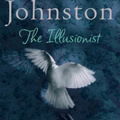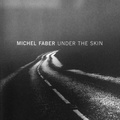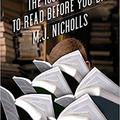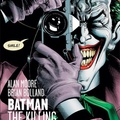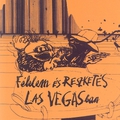Iain Banks: The Wasp Factory
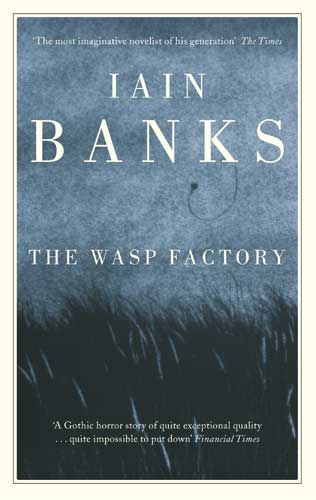
I read The Wasp Factory for the second time last year. I first read it when it was published in Hungarian three or four years ago, but then early last year I came across several reviews and rather heated discussions regarding this book, so I thought I might refresh my memories.
The Wasp Factory tells the story of sixteen-year-old, rather strange Frank, who happens to be the murderer of three innocent children. Frank was a victim of a curious and unfortunate incident when a child: a dog bit off his genitals, therefore the boy suffers from inferiority complex and feels himself to be the eternal outsider. Of course his sense of not being able to fit in is further enhanced by the facts that he lives alone with his father in a small island off the coast of a small Scottish village, he does not go to school, and what’s even more, officially he doesn’t even exist, as his father, for some mysterious reason, failed to register his birth with the authorities.
Frank also has a brother, Eric, who could have become an excellent physician were it not for a terrible scene he witnessed as a university student. On account of this incident, he became somewhat deranged and then dropped out of university altogether. Then he took to harassing the kids and dogs in the neighborhood until he was finally locked away in a mental institution. At the beginning of the novel, Frank and his father learn the news that Eric has run away from the institution and is now probably on his way home. Eric’s journey serves as the frame for the novel.
While Eric is on his way home, we get to know the previous history of their family, and we also get a detailed account of Frank’s three murders, the Wasp Factory and the mythology surrounding it. The novel ends with a surprising twist, and the new information we learn at the end of the novel sheds quite a different light on Frank’s childhood accident. As a consequence, his life turns into a new direction, and the end of the story is in fact the beginning of Frank’s real life.
Reading the novel for the second time was a strange experience. As I went along, the details I thought I’d already forgotten came back vividly, so the oft-mentioned brutal, sadistic, stomach-churning and sickly details of the novel came as no surprise to me. True, it’s not easy for any book to shock me, and I don’t recall ever laying a book aside because it contained a couple of disgusting or horrifying scenes. Therefore the morbid scenes were not the ones that most engaged my attention when I read the novel – not even when I read for the first time, and even less so now.
What I most enjoyed about the novel now was its humor, its style and the references I quite probably overlooked when I read the novel for the first time as I had no idea they could be important. But now I was aware of the outcome, therefore I also knew which references I needed to pay most attention to. I was surprised to find how often Banks refers to Frank’s gender, which may be considered the key to the novel. For instance, right at the very first page we find a seemingly casual note to the effect that Frank is absent-mindedly scratching his groin.
As regards the humour of The Wasp Factory, I consider the phone conversations of Frank and Eric, and the description of some of Frank’s adventures exceedingly funny. For instance, the way Frank exaggerates in the account of his fight with the intrepid giant rabbit is a case in point. By the way, I don’t know if the similarity is intentional, but Frank’s sadistic personality, his rituals and his self-critical, ironic way of storytelling reminded me of Salinger’s The Catcher in the Rye, and particularly to Holden Caulfield to a great extent.
Even though my favourite novel by Banks (though not by Iain, but by Iain M.) still remains (and I guess will always remain) The Player of Games, I don’t have any objections against The Wasp Factory either. It’s an interesting and well-written novel, about which I only regret two things.
One is that I consider the ending a bit hasty: I find it strange that Frank’s father lets go of his long-guarded secrets so easily, and that Frank himself accepts that a new life will start for him, without making any fuss whatsoever. He even manages to explain in a few sentences how his past actions and murders directly stemmed from his perturbed identity. I might just accept that this is explanation enough, but I certainly would have liked to dwell somewhat more on these details.
And the other thing I regret about this novel is that the sickly details and its scandalous reputation might frighten several readers away, when – despite all its flaws – it certainly deserves to be read. (And in fact I’m not at all sorry about having read it twice, either.)

